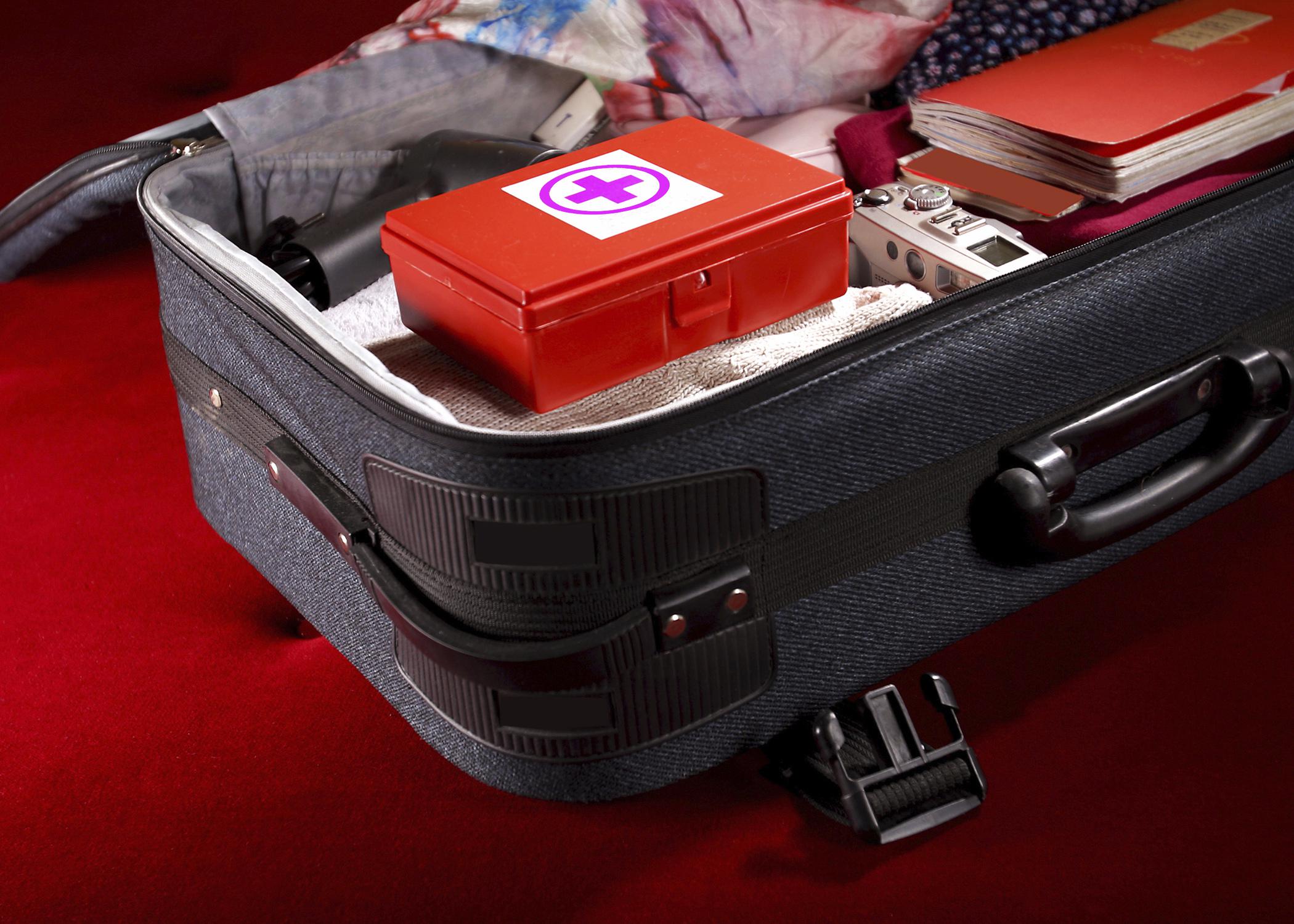Information Possibly Outdated
The information presented on this page was originally released on July 15, 2015. It may not be outdated, but please search our site for more current information. If you plan to quote or reference this information in a publication, please check with the Extension specialist or author before proceeding.
Be prepared on vacation with travel first-aid kit
STARKVILLE, Miss. -- Travel emergencies can happen at any time, but planning ahead with well-stocked first-aid kits can help take the sting out of road disasters.
David Buys, an assistant professor in the Mississippi State University Extension Service and Mississippi Agricultural and Forestry Experiment Station, said preparation and prevention are crucial for travelers.
No one likes to think about the potential for illness and injury on a trip. But whether it’s a dream vacation or a weekend getaway, planning ahead can keep an unfortunate situation from ruining the travel adventure.
“It is important to take stock of how many people are traveling with you, where you are going, and if there will be access to medicines and other health-related supplies along the way to your destination,” Buys said. “These factors will dictate what and how much you will want to include in your first-aid kit.”
A basic first-aid travel kit should include a few days’ worth of supplies. A well-stocked kit includes over-the-counter medicines for headaches, fever, allergies, insomnia, nausea and heartburn. It also contains bandages, tissues, sunscreen and hand sanitizer, as well as ointments to soothe burns, cuts, and insect bites and stings.
In addition, well-prepared travelers take along flashlights for nighttime emergencies and seasonal equipment, such as extra water for summer trips and blankets for winter emergencies.
“Be sure the kit is accessible at any time you may need it while traveling. Be mindful of where you place it, especially if you are traveling over multiple days,” Buys said. “Don’t bury it deep inside of the trunk. Either keep it out on top, or just put it in the front of the vehicle with you. If you are traveling with children, keep any medicines in secure containers they cannot access.”
Romona Edge, coordinator for the MSU Extension Service in Itawamba County, said everyone will need to use a first-aid kit at some point.
“A minor or major emergency could occur while traveling that would require the use of a travel first-aid kit,” she said.
Keep an insurance card and emergency contact numbers inside the kit, Edge added. Prescription medicines should be in a clear bag so they can be seen easily.
“Be sure to pack extra batteries for flashlights,” Edge said.
For ideas on creating a travel first-aid kit, visit the MSU Extension Service Pinterest page at https://www.pinterest.com/msuextservice.




